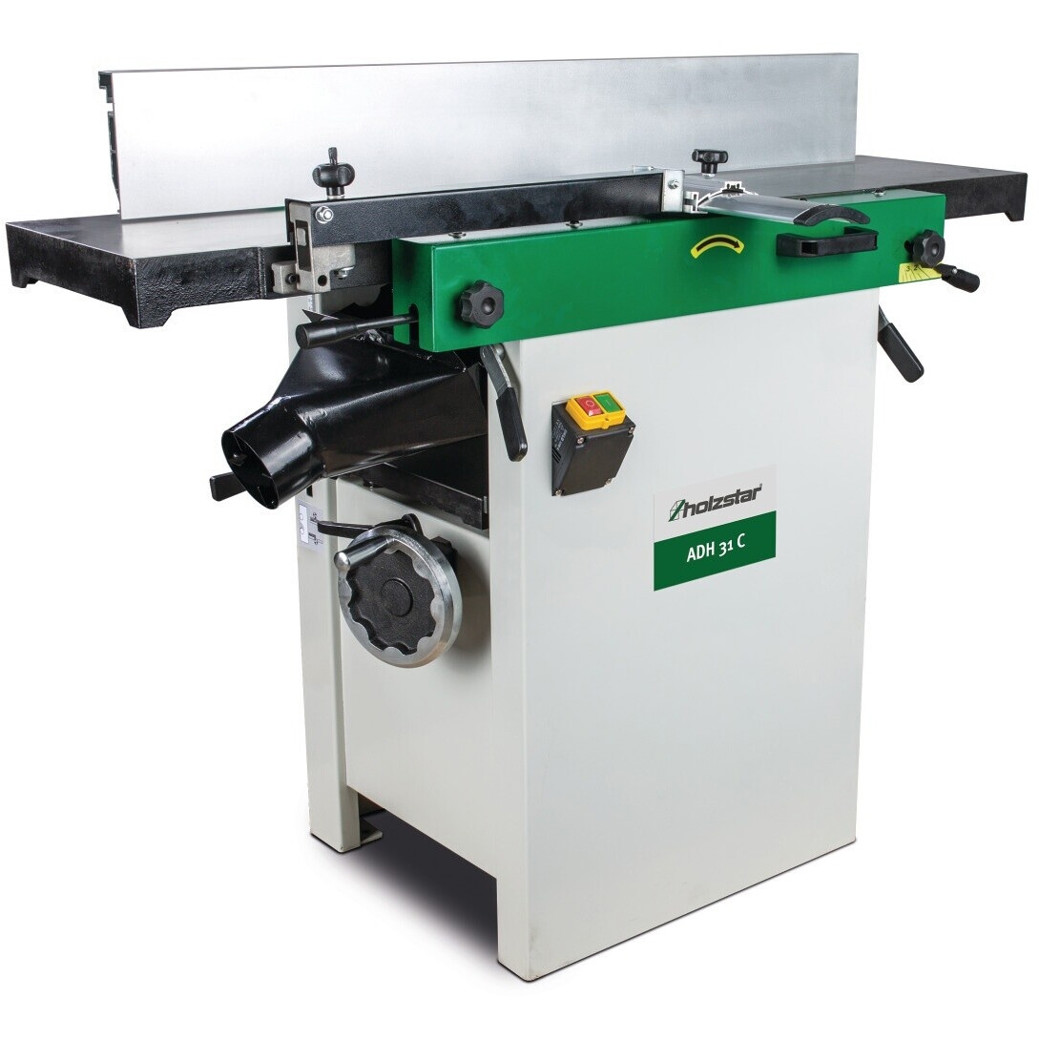Understanding Planer Thickness Planer Combination Machines
When it pertains to woodworking, attaining precise measurements and smooth surface areas is critical. This is where the planer thickness planer combination machine shines. This versatile tool combines the performances of a thickness planer and a jointer into one unit, making it an essential tool for artisans and woodworking lovers alike. In this blog post, we will check out the features, advantages, essential considerations, and frequently asked questions relating to these machines.
What is a Planer Thickness Planer Combination Machine?
A planer thickness planer combination machine incorporates a thickness planer and a jointer into a single machine. This combination assists woodworkers to achieve varied tasks such as flattening, smoothing, and lowering the thickness of lumber with increased effectiveness. The double performances save office and the expense of acquiring separate makers.
Functions of Planer Thickness Planer Combination Machines
The features of planer thickness planer combination machines can vary across brand names and designs, however normally consist of the following:
| Feature | Description |
|---|---|
| Motor Power | Typically varies from 1.5 to 5 HP, depending upon the size and capacity of the machine. |
| Table Size | A larger table allows dealing with larger boards; sizes usually range from 60 to 80 inches. |
| Feed Rate | Adjustable feed rates for different material types, typically between 12 to 20 feet per minute. |
| Dust Collection | Integrated systems or ports for effective elimination of wood shavings and debris. |
| Height Adjustment | Basic systems for easily changing the height, frequently under 6 inches of cut depth. |
| Portability | Some designs are developed for easy transportation, while others are stationary. |
Advantages of Using a Planer Thickness Planer Combination Machine
The combination machine provides unique benefits:
- Space-Saving Design
Reduces the footprint in the workshop by removing the requirement for two separate machines. - Cost-efficient
Purchasing one machine instead of 2 can save money, especially for hobbyists and little organizations. - Boosted Productivity
Quick transitions in between jobs without the need to change devices speeds up the workflow. - Reduce of Use
Many combination devices feature user-friendly controls and modifications, making them accessible for both newbies and skilled woodworkers. - Enhanced Precision
Devices that are developed together often yield better positioning, guaranteeing a more exact last item.
Key Considerations Before Purchasing
When thinking about a planer thickness planer combination machine, it is essential to evaluate several aspects:
- Capacity and Size
Figure out the types of jobs you will be dealing with and guarantee the machine can manage the products' thickness and width. - Motor Power
Make sure the motor power is appropriate for your requirements, specifically if working with thick hardwoods. - Dust Collection Efficiency
An excellent dust collection system is vital for preserving a tidy workspace and making sure exact cuts. - Build Quality
Do extensive research study on the make and materials utilized in the machine to make sure durability and longevity. - Alleviate of Adjustments
Try to find makers that offer easy, fast modifications for height and feed rate given that this can considerably impact your workflow.
Frequently Asked Questions (FAQs)
What is the primary distinction in between a planner and a thickness planer?
A planer (typically referred to as a jointer) flattens one face of a board and edges it, while a thickness planer reduces the overall thickness of the wood while simultaneously smoothing its surface area.
How do you preserve a planer thickness planer combination machine?
Routine maintenance includes keeping blades sharp, checking for any loose parts, and ensuring that the dust collection system is clear of debris. trivox-versand 's likewise essential to keep the table and bed tidy to avoid scratches on wood surface areas.
Can I utilize the combination machine for softwood and hardwood?
Yes, these machines are flexible. Nevertheless, make sure to change the feed rate and cutting depth according to the density of the wood being utilized.
Is a combination machine much better for novice woodworkers?
A combination machine can be helpful for beginners as it streamlines the woodworking procedure, provided they familiarize themselves with running both performances.
How do I choose the right machine for my needs?
Consider your office size, the kinds of projects you pursue, and your spending plan. Checking out customer evaluations and skilled viewpoints can likewise help guide your choice.
In summary, a planer thickness planer combination machine is an important addition to any woodworker's toolkit. With its compact design, economical nature, and dual functionality, it enables for efficient woodworking processes without sacrificing quality. By thinking about the features, advantages, and crucial factors before acquiring, woodworkers can discover the best devices to meet their requirements while unlocking their complete creative potential. Whether you're a seasoned pro or a novice, including this machine into your workshop can enhance both the quality and satisfaction of your woodworking tasks.

